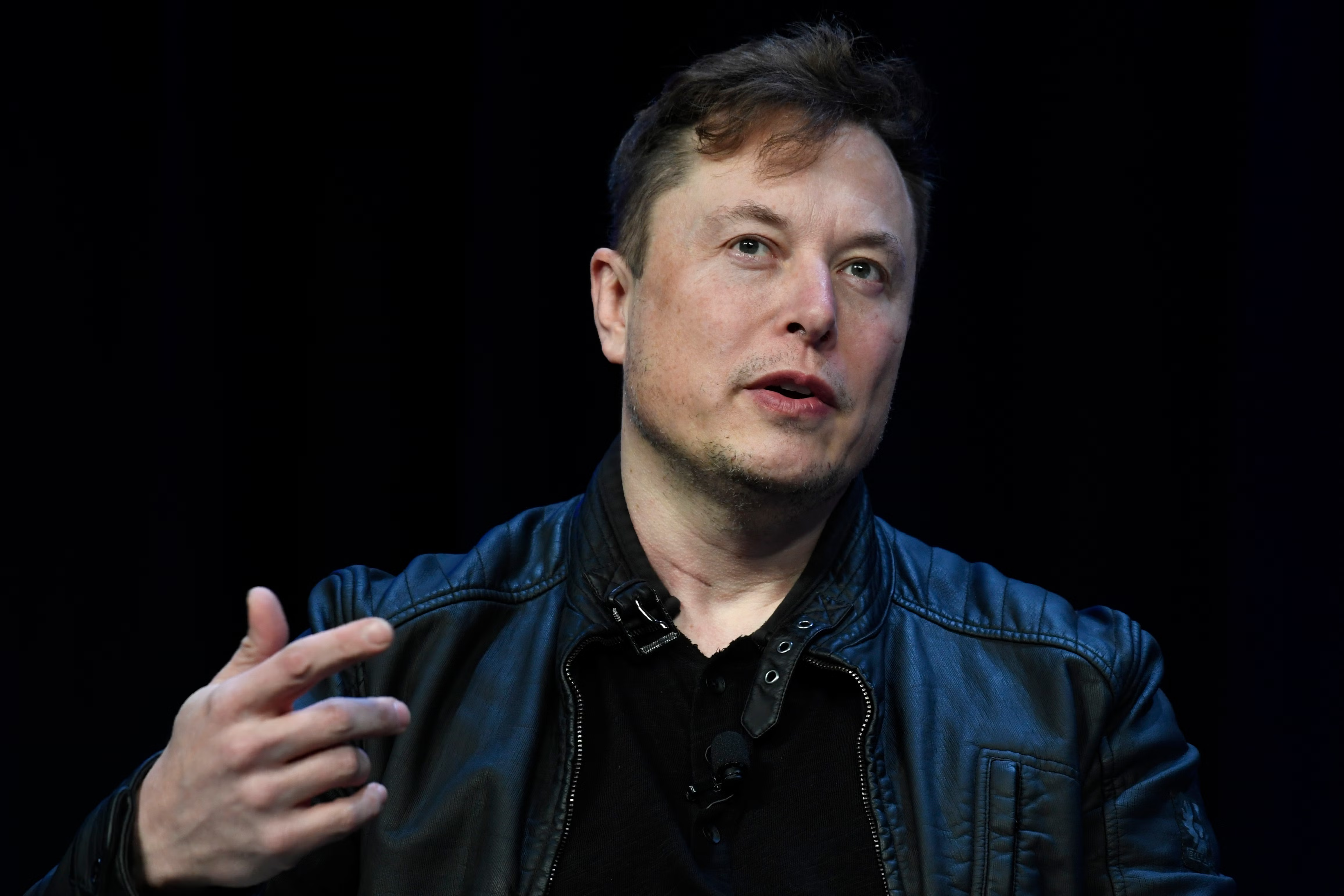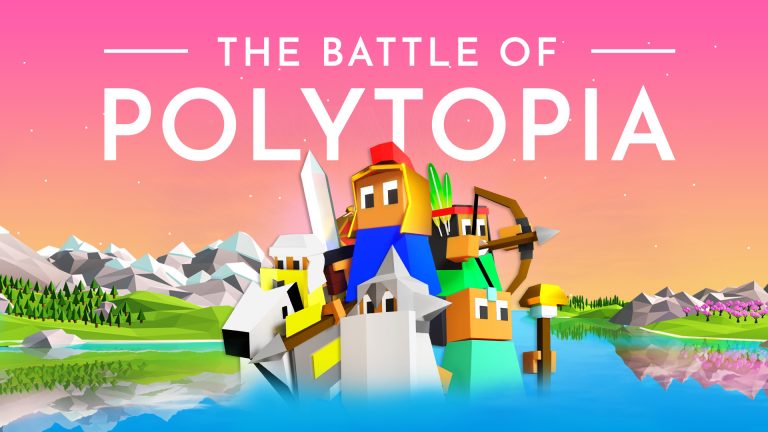
Today I finished the How Elon Works episode from the Founders podcast hosted by David Senra, he distills Walter Isaacson's biography on Elon Musk and it reminded me of many things I had read already from the book when it had come out in September 2023. Given that I had forgotten about them I got this feeling that this time I should write something about it, to help me better retain the information and more importantly, put some of the principles into action. So let's go over some of the things.
Elon's way of thinking
He repeats that he is wired for war many times and for decades. Elon has an obsessive work ethic, he slept in offices, showered at the YMCA, has no work life balance and his only "indulgence" was playing video games.
Showmanship as salesmanship: he faked a giant server with a small computer frame to impress investors, it worked, he regularly uses dramatic demos as they build belief.
Mission over Money: at 27 he sold Zip2 for $22M but reinvested most of it. His real payoff is building a company and has a high risk tolerance: "Wealthy or broke, nothing in between."
He is anti-camaraderie: "Not your job to make people love you, it's counterproductive", he won't hesitate to offend or to intimidate to prioritise his mission.
Hates middlemen, he is a control freak, very much believes in direct to consumer business model, full vertical integration.
Belief transfer: he transfers his insane conviction to others, making "crazy talk" irresistible.
Ambition Scales
Elon gets ousted as CEO from PayPal however he maintains ties with the rest of the cofounders which later on saves SpaceX.
His principles harden: insane deadlines only, no small wins in his playbook.
Simplification obsession: he says "Hone UI to fewest keystrokes" and deletes relentlessly.
Elon made it so there is no seperate engineering/design: engineers lead. "Separating design from engineering = dysfunction"
You must know details A-to-Z: he shocks experts in certain fields (e.g. knows more than co-founder Max Levchin about their specialty).
Risk amplification: "Burn all the boats"; he puts all his chips on the table, eliminating a way back.
The Algorithm
| Step | Description | Key Quote/Example |
|---|---|---|
| 1. Question every requirement | Name the person (not dept.); treat as recommendation (except physics). Smart people's = most dangerous (as less likely to be questioned). | "Who made it? Make less dumb." |
| 2. Delete any part/process | Add back 10% later—if not, deleted too little. "Best part is no part." | Delete tubes/sensors/manifolds; trim cracked skirt with shears (launched next day). |
| 3. Simplify/optimize | After delete; don't simplify what shouldn't exist. | Raptor engine: Evolved from complex to simple (visualize via Google). |
| 4. Accelerate cycle time | Speed up post-1–3; "Maniacal urgency = operating principle." | "Cut in half... again." (Even if balked.) |
| 5. Automate | Last—after bugs out. | Nevada/Fremont mistake: Over-automated → de-automated, saved line. |
Go Hardcore: Urgency, Pain and Fresh Blood
Elon's wired for war, stategy games like Polytopia aren't escapes, they're training. "Maniacal urgency is our operating principle." No work-life balance; discomfort fights complacency. Fail fast (first 50 sting, then you're fearless). Churn for fresh blood: he would fire veterans, who start caring less because they have made enough money, without remorse.
Polytopia Lessons
 His game-derived CEO hacks:
His game-derived CEO hacks:
- Play life as a game, optimise every "turn" (life's finite).
- Double down: Reinvest winnings (Zip2 $22M -> SpaceX).
- Empathy is not always an asset, mission first!
Wrap up
Elon is not a saint, if you live life like him relationships can crumble: "Loves the game more than me," per ex Grimes' song. His failures are as epic as his wins.
Tech isn't inevitable, we must force it forward with inspiring non-stop work.
Future Zdravko: You might be reading this because something's stalled. Pick one principle from The Algorithm and apply, act now.
If that sparked something let me know on X.
Onward.
- Zdravko